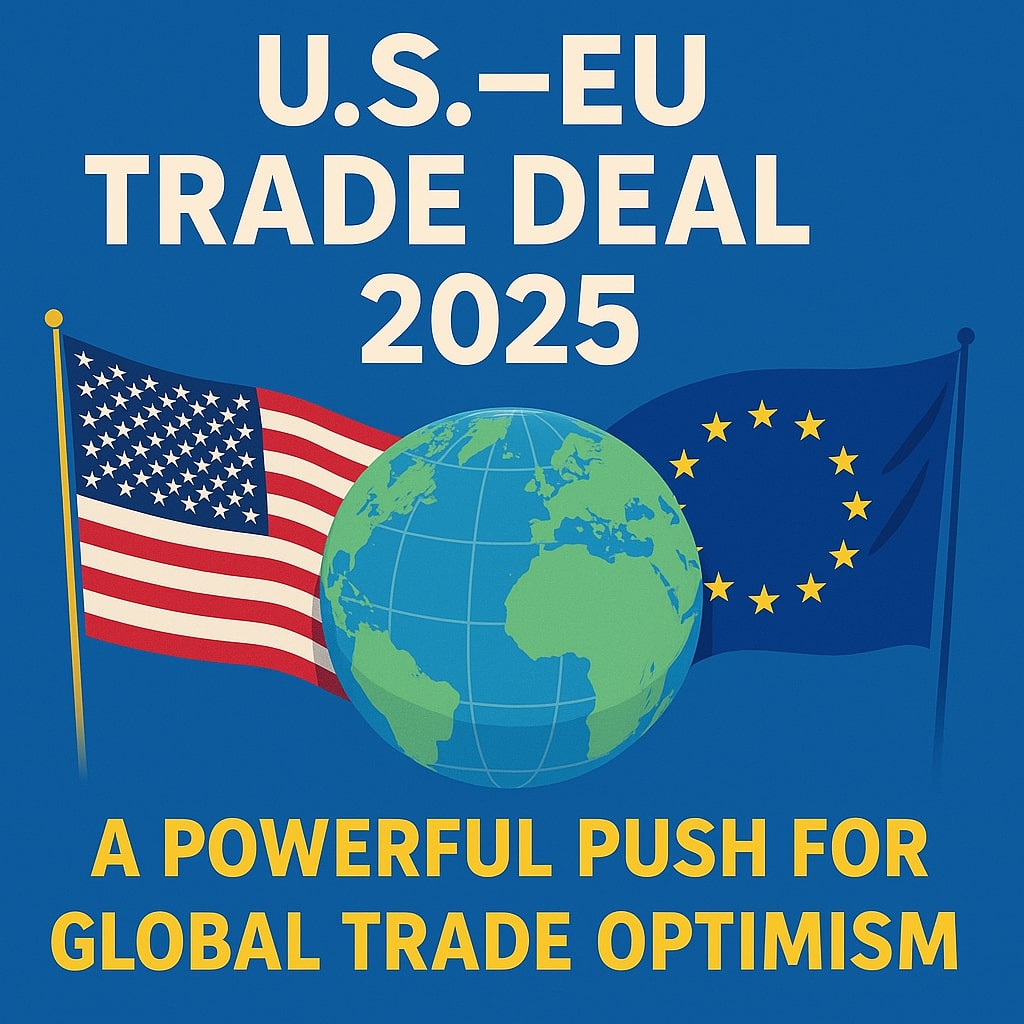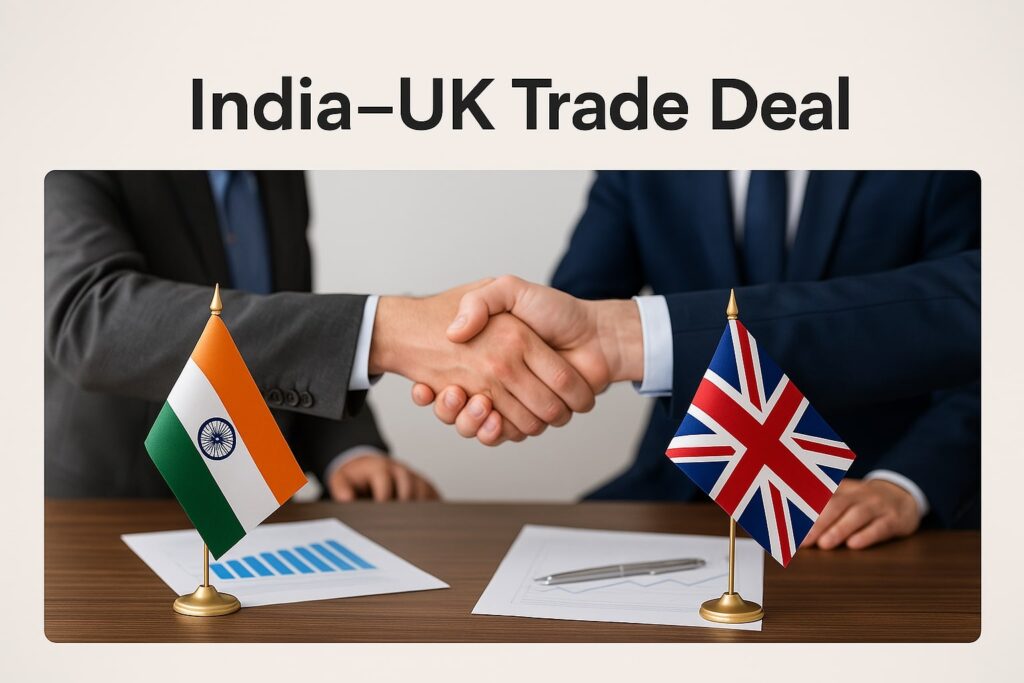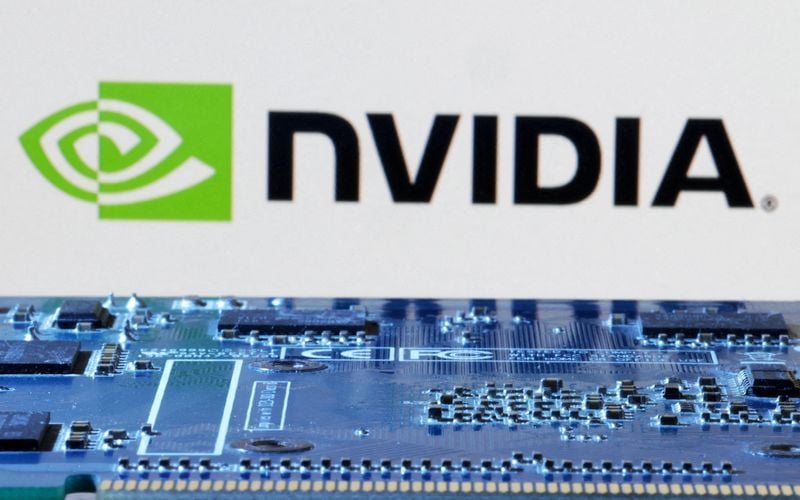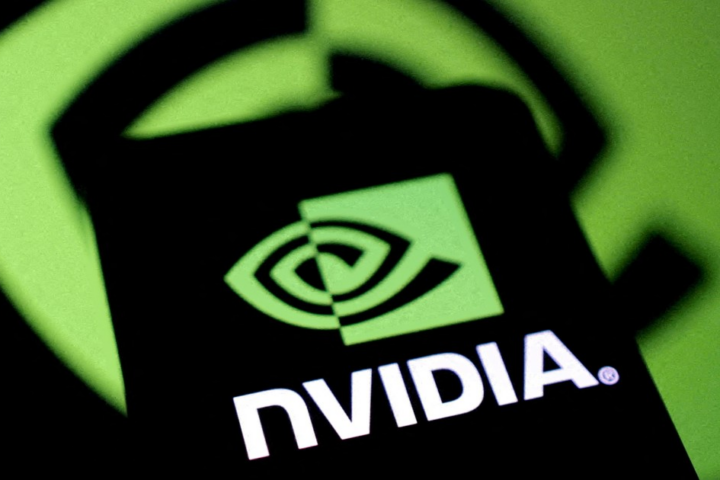The long-anticipated U.S.–EU Trade Deal 2025 is finally here — and markets across the globe are reacting with a sharp surge in optimism. In a world where geopolitical uncertainty has often left global investors guessing, this agreement marks a major turning point for trade diplomacy and economic momentum.
Over the weekend, U.S. and EU representatives signed a landmark trade pact that slashes proposed tariffs from 30% to 15%, particularly on key sectors such as automotive, pharmaceuticals, and green technologies. Investors and political analysts alike have called this a “high-confidence deal” likely to set the tone for economic recovery and policy alignment throughout the rest of the year.
Why This Trade Deal Matters in 2025
At the heart of this agreement is a shift toward open collaboration and supply chain transparency between two of the world’s largest economic regions. With inflationary pressures easing and AI-led productivity driving output, this deal could not have come at a better time for industries that have weathered years of uncertainty since Brexit and post-pandemic disruptions.
Not only does this agreement improve bilateral relations, but it also restores investor trust, signaling a new era of global trade optimism. According to the Office of the U.S. Trade Representative, the move will unlock over $350 billion in two-way trade over the next five years.
Market Reactions: Indices Rally on News
Following the announcement, major stock indices responded instantly:
- FTSE 100 surged 2.8%
- Dow Jones Industrial Average gained 1.6%
- DAX (Germany) up by 2.1%
- CAC 40 (France) rose by 1.9%
These gains were driven by high-cap export stocks and tech manufacturers, which now face reduced tariff barriers on both sides of the Atlantic. Sectors like electric vehicles and digital services are expected to be early winners under the new deal framework.
Political Will and Economic Momentum
Unlike previous trade rounds, this agreement reflects a high level of political will and economic realism. Both U.S. and EU leaders have acknowledged the need for common ground amidst rising challenges from authoritarian economies and climate threats.
This deal also aligns closely with India–UK FTA 2025, which sets a positive precedent for multilateralism. You can read more about the India–UK FTA 2025 here.
Trade Deal Strengthens AI and Tech Sector Links
One of the most innovative aspects of the 2025 deal is a shared commitment to cross-border AI regulation and ethical tech investment. This is part of a broader trend in global policy-making, where democratic nations are looking to pool resources to manage emerging tech responsibly.
OpenAI’s partnership with the UK government reflects this shared vision, highlighting how trade and tech are increasingly interlinked in shaping the future of global governance.
Business Voices Support the Agreement
Several major global CEOs, including from Siemens, Ford Europe, and IBM, have already welcomed the deal, calling it a “clear roadmap for stability and growth.” Small businesses that depend on import/export are especially optimistic about fewer administrative costs and faster trade clearance.
“This deal reduces the guesswork,” said a trade expert from the London School of Economics. “It’s a pro-business, pro-worker agreement.”
Read More on This
The U.S.–EU Trade Deal 2025 is more than just a tariff agreement it’s a global signal of confidence in open economies, digital futures, and transatlantic unity. At DF Media, we believe this is a defining step toward inclusive and innovative global trade.
Stay tuned at DF Media as we track further developments and sectoral insights across the world’s key markets.







